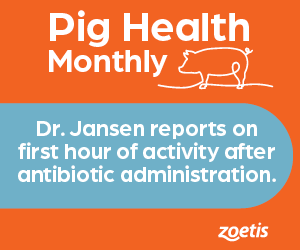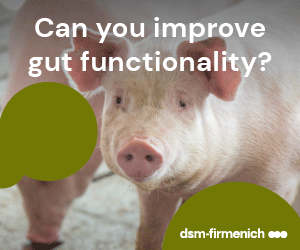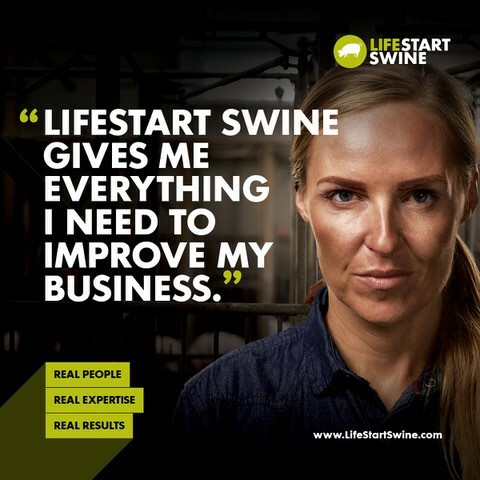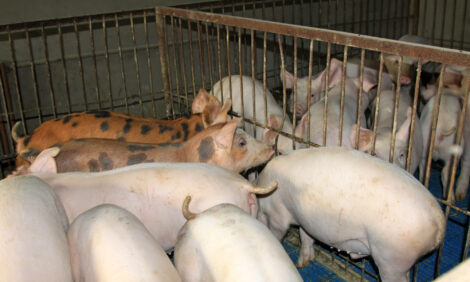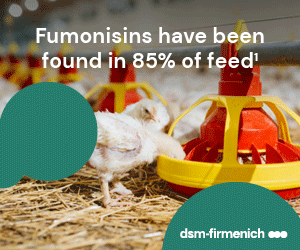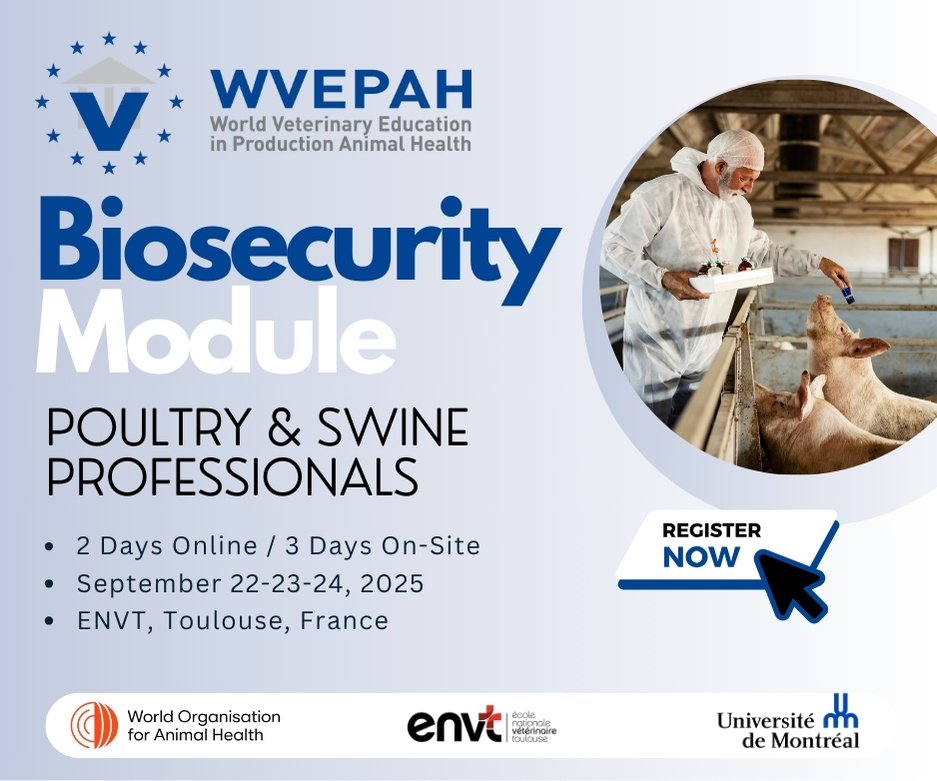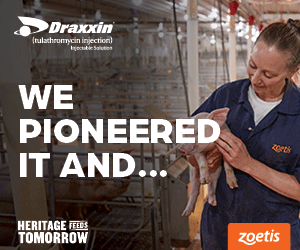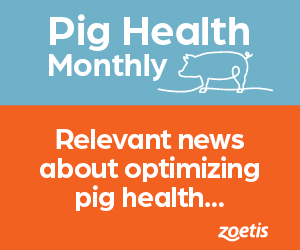



PigBoost: Improving pig production in Uganda
PigBoost aims to enable sustainable data-driven decisions to improve Uganda’s pig production, health, and welfare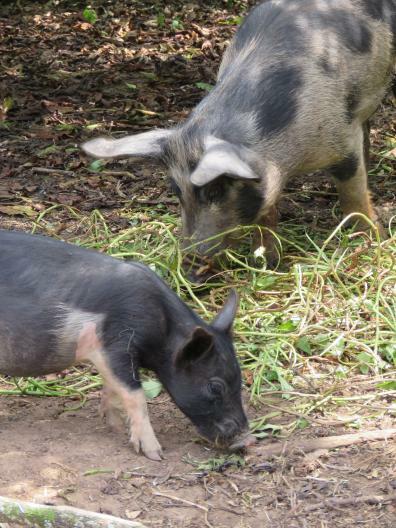
Despite poor levels of productivity and product quality, there has been a rise in pork consumption driven by population growth, urbanization and increasing incomes. The industry is striving towards a step change in the productivity of agricultural production systems to meet this demand in a sustainable way.
PigBoost proposes to digitally transform Uganda’s pig industry by providing a data-driven decision-making tool designed to improve pig production, health, and welfare. The state-of-the-art tool will increase the productivity and profitability of smallholders by enabling real-time monitoring and improvement of animal performance, genetic improvement, and disease management. This will benefit the wider industry through connecting stakeholders and increasing the transparency of the value chain, which will ensure the pig industry returns value to the farmer and appeals to future investors.
In the first phase AbacusBio and University of Edinburgh are partnering with Ugandan based organisations, Vetline services and Makerere University, with support from the Kampala City Council (animal production division), Ministry of Agriculture, and the National Animal Genetic Resource Centre and the National Agricultural Advisory.
This broad multidisciplinary collaboration will ensure the decision support tool will improve animal productivity, by utilising the networks of our commercial partner, Vetline Services, whom currently supports artificial insemination activities in Uganda. Through this process, data captured will be used to establish a genetic improvement program to breed locally adapted high genetic merit pigs for the Ugandan pig industry via the Vetline business.
Long-term, incorporation of machine learning and pathological studies from our UK and Ugandan research institute partners will enable the development of a full diagnostic suite that will include data captured from the initial phases to promote correct use of veterinary pharmaceuticals and improve animal health and wellbeing. This will support better herd management and promote drug accountability, leveraging from genetic improvement principles and resulting in increased on-farm productivity.
These outcomes will contribute to give structure to the Ugandan pig industry, ultimately ensuring long-term sustainability, creating business opportunities and attracting investments. Therefore, overall impact is expected across agriculture and food systems with further contribution to healthy, as well as safe and nutritious diets. By focusing on peri-urban areas and exploring sustainable intensification of pig production, the project has the potential to have a positive social impact on wider Ugandan society.







